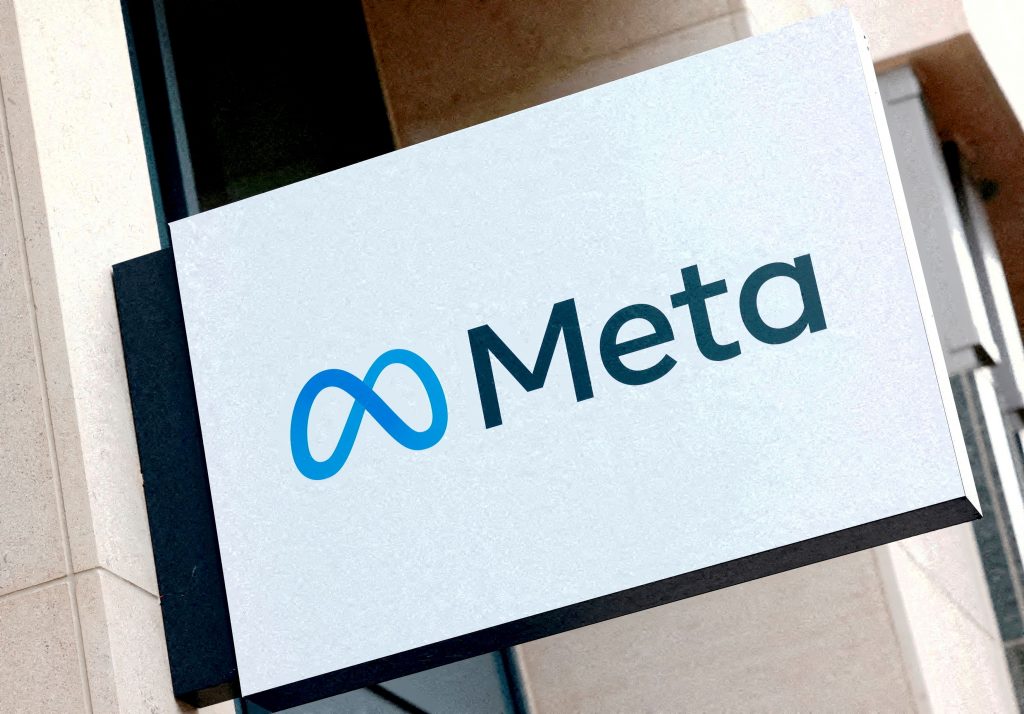The European Commission has opened formal proceedings against X (formerly known as Twitter) to assess if the social media platform is in breach of the European Union’s (EU) Digital Services Act (DSA).
“We will now start an in-depth investigation of X’s compliance with the DSA obligations concerning countering the dissemination and amplification of illegal content and disinformation in the EU, transparency of the platforms and design of the user interface,” Thierry Breton, European commissioner for internal market, said.
The decision follows a preliminary investigation regarding, among other topics, “the dissemination of illegal content” in the context of Hamas’ attacks against Israel, the Commission said.
In April this year, X was classified as a Very Large Online Platform (VLOP), exposing it to the most stringent regulations outlined in the DSA.
X is the first Very Large Online Platform (VLOP) to face formal proceedings under the DSA framework, according to the Commission.
The European Commission (EC) has launched official violation procedures against the platform “X.” (former Twitter) to assess whether the social media platform, owned by Elon Musk, violated the Digital Services Act (DSA) in areas related to risk management, content moderation, and advertising transparency.
Based on the preliminary investigation conducted so far, including the analysis of the risk assessment report submitted by platform “X” in September, the transparency report of “X” published on November 3, and the platform’s responses to official requests for information—especially regarding the dissemination of illegal content in the context of Hamas terrorist attacks against Israel—the Commission has decided to launch formal violation procedures against. The EC emphasized, however, that this decision does not prejudge its outcome.
The action marks the inaugural official proceedings launched by the European Commission to enforce the EU framework concerning the accountability of internet platforms, just three years after its proposal.
The Commission will continue to gather evidence by submitting additional requests for information, conducting interviews, or carrying out audits.




